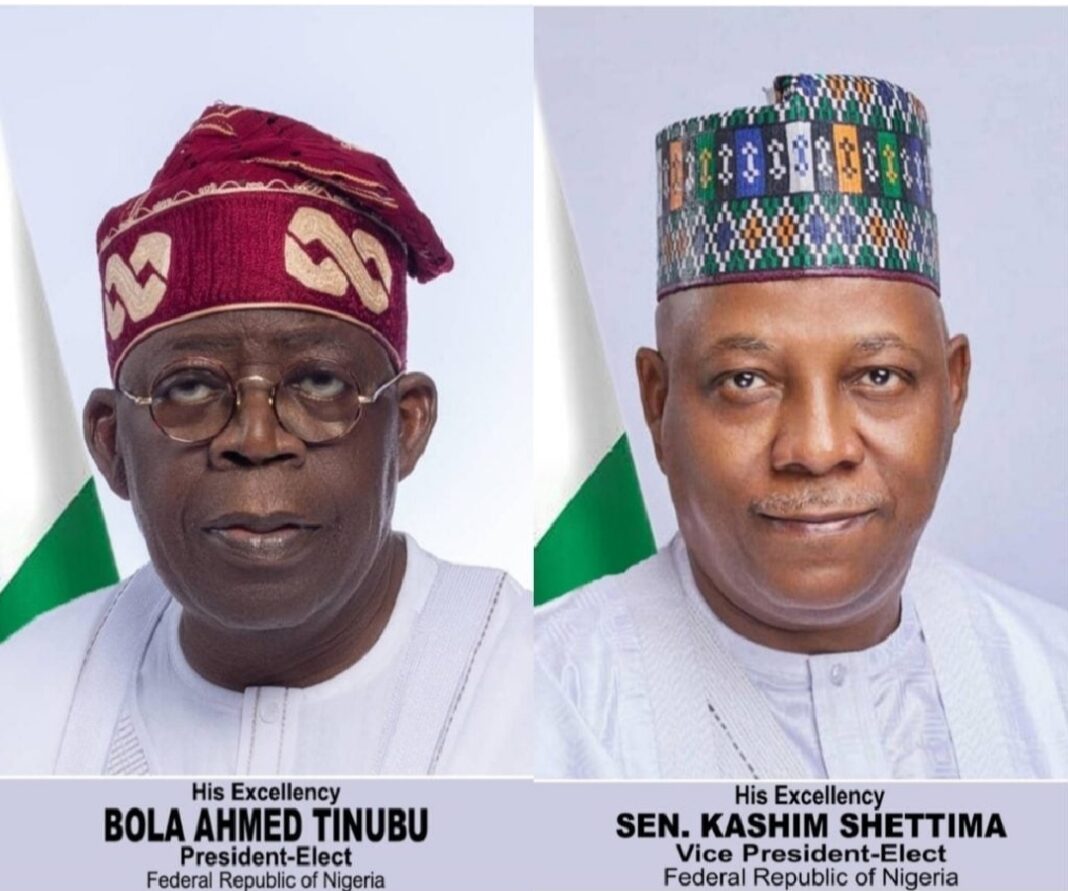Nigeria, a country with a history of economic and leadership challenges, is at a crucial juncture as it embarks on a new era. The recent election, like its predecessors, was marred by fierce contentions from opposing parties. However, on this momentous May 29th, a new hope emerges as Bola Ahmed Tinubu assumes the presidency. The key question that arises is whether he can effectively tackle Nigeria’s governance and development problems within the span of a four-year presidential term.
Nigeria’s Current Landscape
Nigeria, with a population of over 200 million people, is the most populous country in Africa. However, despite its vast resources and potential, it faces numerous hurdles in achieving sustained development. These challenges include:
- Infrastructure challenges: Nigeria’s infrastructure is in a state of disrepair. The country has inadequate power supply, limited transportation networks, and insufficient healthcare facilities. These challenges hamper progress across various sectors.
- Governance issues: Governance in Nigeria has been marred by corruption, nepotism, and weak institutions. These problems impede effective policy implementation and hinder socioeconomic growth.
- Poverty index: Nigeria’s poverty index remains a pressing concern. According to recent data, the poverty ratio stands at approximately 40%, reflecting the urgent need for poverty alleviation programs and inclusive economic policies.
- Inflation: Inflation rates have surged, putting pressure on the purchasing power of Nigerians and exacerbating socioeconomic disparities.
- Exchange rate volatility: The country’s exchange rate volatility adds to the challenges, impacting businesses, foreign investments, and overall economic stability.
Bola Ahmed Tinubu’s Legacy and Promise
Bola Ahmed Tinubu, a former governor of Lagos State, has been hailed for his ability to drive profitability and improve institutions during his tenure. Lagos State, Nigeria’s economic and commercial hub, experienced notable transformations under Tinubu’s leadership. His efforts to attract investments, enhance infrastructure, and promote good governance resulted in a more conducive business environment and increased revenue generation. These achievements have raised expectations regarding his potential impact on the nation as a whole.
The Road Ahead
As Tinubu takes office as the 16th President of Nigeria, the nation anticipates tangible solutions to its governance and development challenges. However, it is important to acknowledge that a single four-year term may not be sufficient to address the complex issues Nigeria faces comprehensively. Sustainable progress requires long-term planning, structural reforms, and the commitment of successive administrations. Tinubu’s track record in Lagos State offers hope, but the magnitude of Nigeria’s problems demands a collective effort and support from citizens, government officials, and international partners.
Conclusion
On this historic May 29th, Nigeria embarks on a new chapter under the leadership of President Bola Ahmed Tinubu. The challenges ahead, ranging from infrastructure deficiencies to governance and poverty issues, pose significant hurdles on the path to progress. Tinubu’s success in Lagos State demonstrates his ability to drive positive change, but the scale of transformation required at the national level cannot be underestimated. As Nigerians place their trust in their new president, it is vital to recognize that sustained development will necessitate long-term commitment, concerted efforts, and the involvement of all stakeholders. Only through collaborative action can Nigeria move closer to the promised land of prosperity and inclusive growth.





